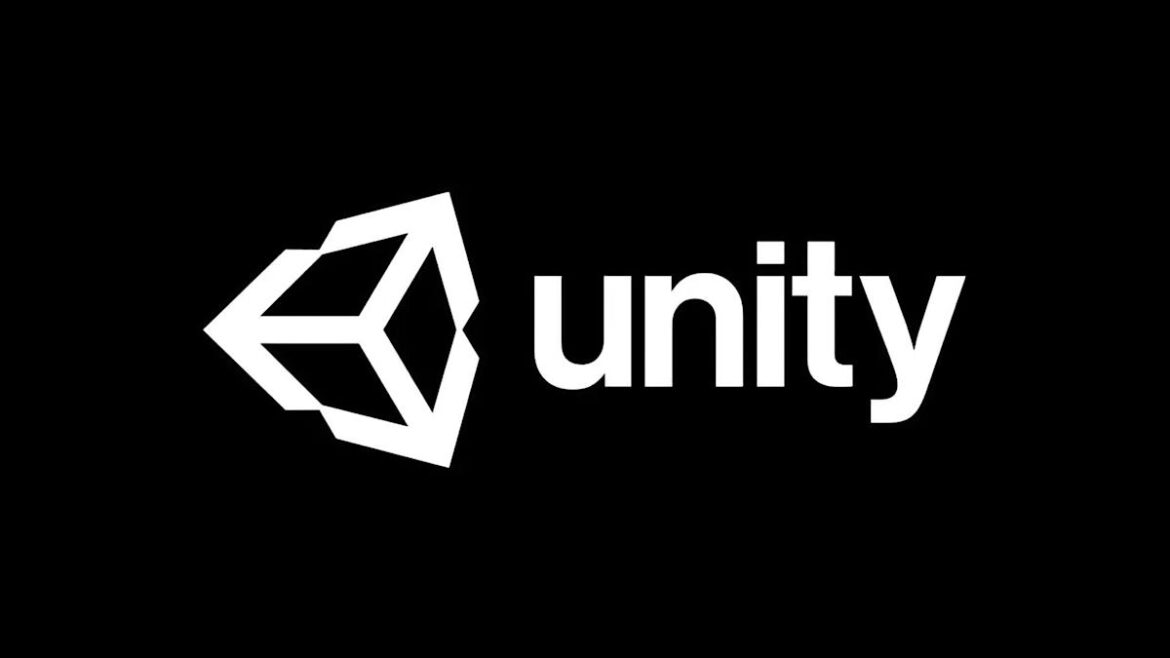Unity is updating its game engine to support native screen readers in both macOS and Windows. The feature is available now in the Unity 6000.3.0a5 alpha, and should make the process of making games accessible for blind players cheaper for developers, Can I Play That? writes.
Screen readers narrate on-screen menus so blind and low-vision players can navigate a game or a piece of software without additional assistance. Typically, screen reading software is custom-built for each game, which can make them resource-intensive for developers to implement. “Building something like that from scratch has to be decided upon early in development so you have the time/resources allocated to make it properly,” Steve Saylor, an accessibility consultant and creator, shared on Bluesky. “Having it in-engine can mean the heavy lifting is done for you, and the cost of time/resources now is significantly lower.”
Unity previously offered APIs for both Android and iOS’ built-in screen readers in its Unity 6.0 release, but hadn’t yet added support for Windows Narrator or macOS VoiceOver. With this new alpha and its eventual release as Unity 6.3, developers creating games with Unity will have access to a native screen reader in all of the engine’s major platforms. Considering how popular Unity is as a game engine, that could vastly improve the accessibility of future games.

